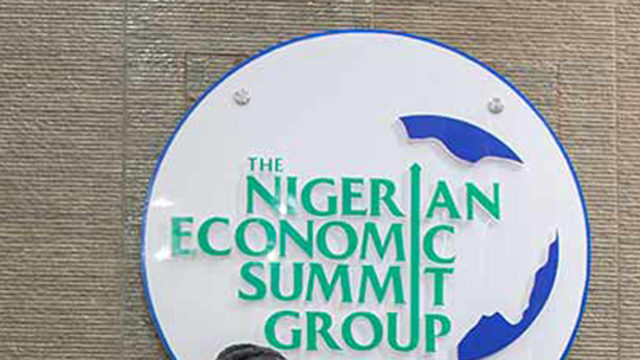CEM REPORT, ECONOMY | Nigeria’s economic engine is sputtering, leaving millions trapped in poverty despite sectors with immense potential for growth. This stark reality is laid bare in a new report by the Nigerian Economic Summit Group (NESG), urging urgent reforms to steer the country towards a brighter future.
In its macroeconomic outlook report for 2024 launched on Wednesday, the NESG outlined sectors of the nation’s economy that have remained untapped and sectors that have contributed to the present economic woes.
NESG Growth Drivers and Draggers
The NESG report classifies Nigeria’s economic sectors as “growth drivers,” “growth stagnators,” and “growth draggers.” The financial, ICT, and trade sectors rev the engine, contributing significantly to GDP and overall growth. However, agriculture, real estate, and manufacturing are stuck in neutral, while transport and the all-important oil and gas sectors drag on the brakes, contracting and hindering progress.
Oil Woes
The oil sector, once a powerhouse, remains in recession, plummeting 6.2 per cent due to persistent theft, ageing infrastructure, and insufficient investment. This ripple effect cripples the industrial sector, which shrank 0.4 per cent. Even services and agriculture, pillars of the economy, trudge along at subdued rates of 4.3 per cent and 0.6 per cent respectively.
Growth Below Par
In 2023, the average real Gross Domestic Product (GDP) growth of 2.5% in the first three quarters falls short of both 2022’s 3.0% for the same period and the full-year mark of 3.1%. This deceleration stems from policy adjustments and reform shocks, most notably the naira redesign policy, which choked off cash flow and impacted various sectors, especially the informal economy.
Transformative Juncture
“2023 was a year of challenges,” admits Niyi Yusuf, NESG chairman, citing demonetization, widespread insecurity, and a fierce election that exacerbated existing macro and structural issues.
[READ ALSO] Nigeria’s Non-Oil Export Slumps Despite Government’s Diversification Drive
He expressed optimism that the new government will address the lingering issues.
“However, with the dawn of a new government, we find ourselves at a transformative juncture ripe with political and economic opportunities to address these challenges, optimise our potential, and achieve vital developmental objectives.”
Reforms for Inclusive Growth
Tayo Aduloju, NESG CEO, emphasizes the need for reforms that foster inclusive economic growth. “Our 2023 outlook highlighted how Nigeria’s growth trajectory minimally impacted the standard of living or socioeconomic indicators for a majority,” he says. “This underscores the imperative for long-term economic reforms that drive significant economic transformation, create sustainable jobs, and alleviate poverty.”








